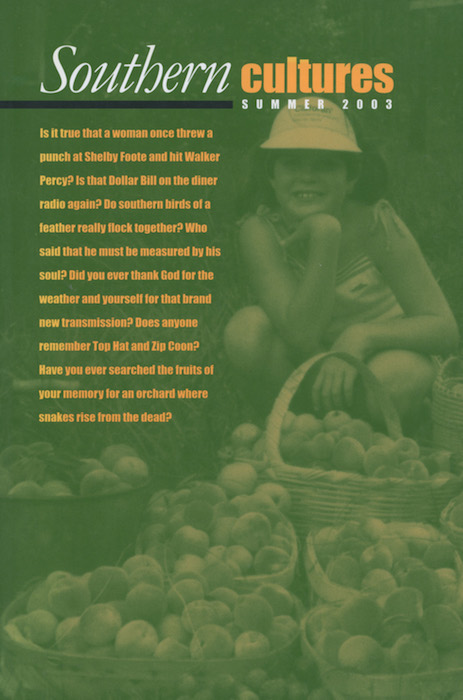“‘I must be measured by my soul — the mind is the standard of the man.'”
Near the end of the exhilarating day of December 5, 1955, Martin Luther King Jr. stepped into the pulpit of Montgomery, Alabama’s Holt Street Baptist Church. With seven years of preaching behind him and “only twenty minutes to prepare the most decisive speech of my life,” the twenty-six-year-old pastor of the city’s Dexter Avenue Baptist Church had to outline the grievances of his people, justify their refusal to ride on Montgomery’s city busses any longer, and encourage them in peaceful fortitude. In his speech that evening, the preacher recalled a single line of poetry. “Right here in Montgomery,” he said, “when the history books are written in the future (yes), somebody will have to say, ‘There lived a race of people (well), a black people (yes sir), “fleecy locks and black complexion” (yes), a people who had the moral courage to stand up for their rights. [Applause] And thereby they injected a new meaning into the veins of history and of civilization.’”


